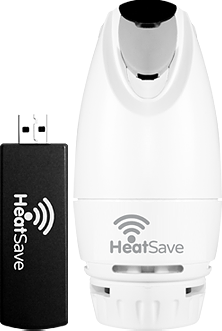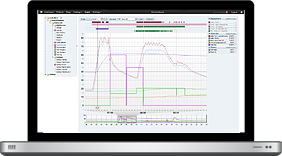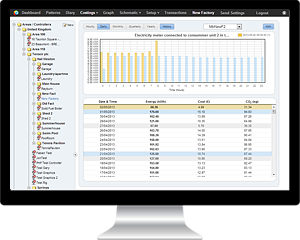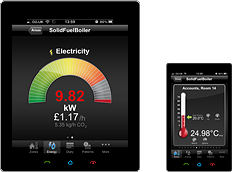Deployment of carbon capturing systems could slash energy bills by £82 per year by 2030
The UK government should boost carbon capturing equipment on power stations in order to better tackle climate change, research by the Trades Union Congress and the Carbon Capture and Storage Association suggests.
CCS, or Carbon Capture and Storage, is a low carbon technology which captures carbon dioxide (CO2) from the burning of coal and gas for power generation, and from the manufacturing of steel, cement and other industrial facilities. The carbon dioxide is then transported by either pipeline or ship, for safe and permanent underground storage, preventing it from entering the atmosphere and contributing to anthropogenic climate change.
The research paper suggests that the inclusion of CCS amongst the technologies that will be needed to meet energy demand by 2030 would result in a 15 percent reduction in the wholesale price of electricity, compared with alternative scenarios in which CCS is not deployed.
This would save each household an estimate 82 pounds per year in energy bills, significantly increasing the disposable income of householders and reducing the risk of fuel poverty. The lower cost of CCS deployment would also mean that lower subsidies (and therefore lower taxes) would be needed to decarbonise the electricity sector.
Adopting CCS technologies on a wider scale would also boost employment, the research claims, since the industry could create anywhere between 15,000 and 30,000 new jobs annually by 2030, with the UK receiving an extra £2bn – £4bn per year in economic benefits over the same time frame.
Britain is one of the best areas in the world to exploit CCS technology, says Frances O’Grady, TUC general secretary, pointing out that depleted North Sea gas- and oilfields are ideal for storing captured gases.
“But without stronger government backing, the UK risks losing its competitive advantage and all the jobs and economic activity that CCS could bring,” she added.






